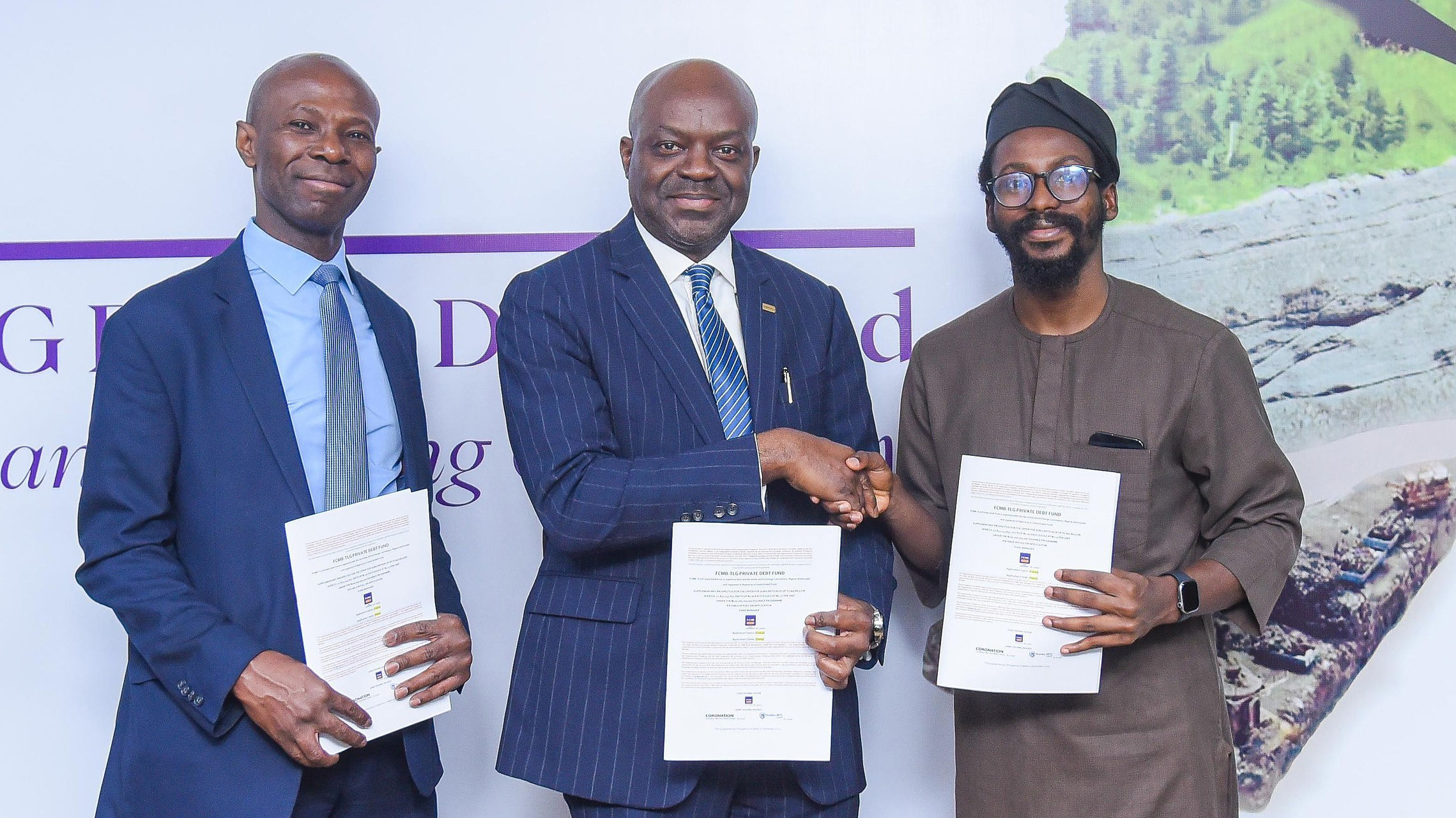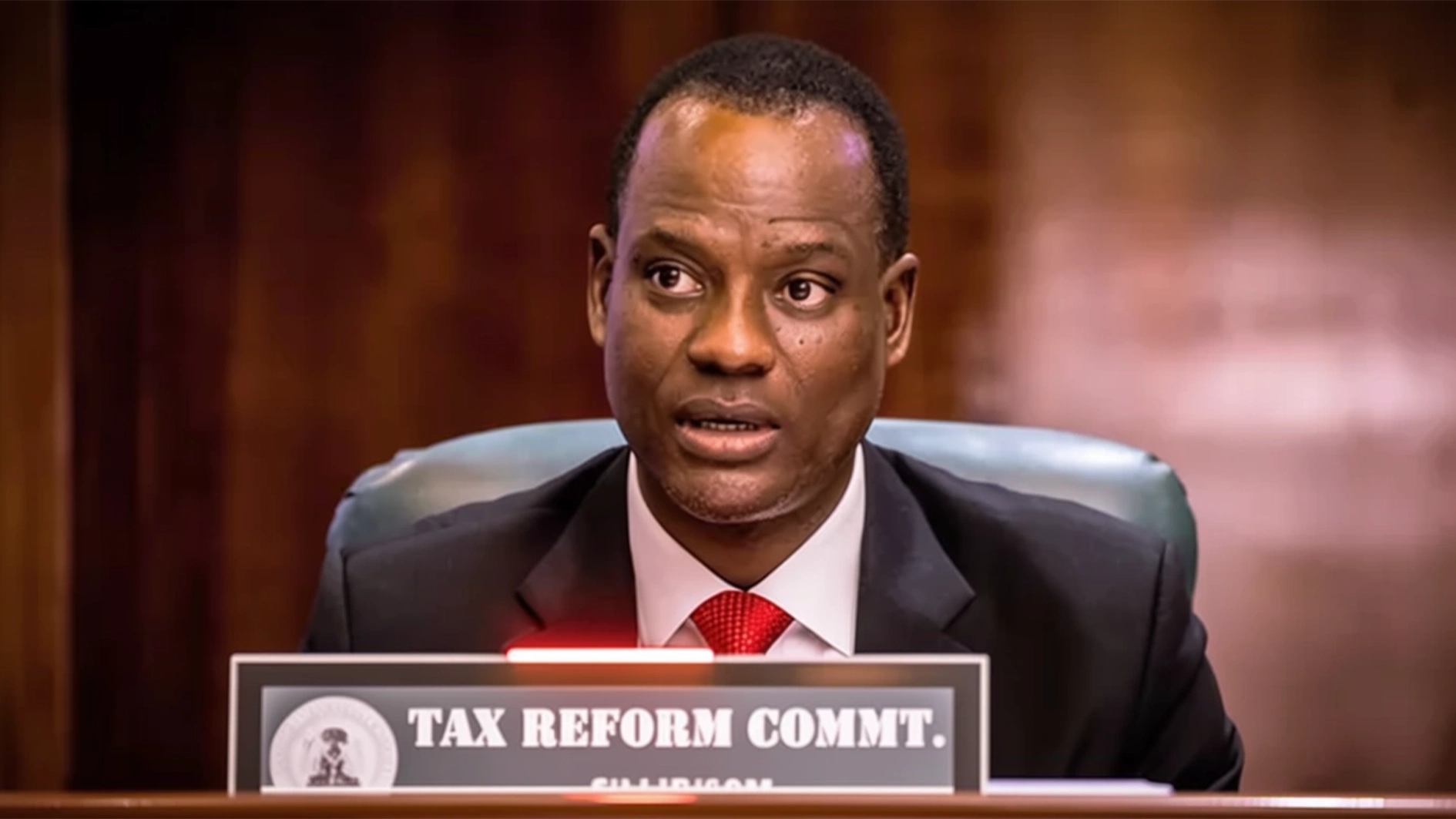Lekki Deep Seaport has established international transshipment links to key West African ports, including Tema in Ghana, Abidjan in Côte d’Ivoire, Lomé in Togo and Cotonou in the Benin Republic.
The $1.5 billion deep seaport also plans to expand its reach to other countries and commence domestic transshipment operations in the eastern region, such as ports in Warri, Calabar, Onitsha and Burutu with the aim of boosting trade competitiveness and achieve the port’s economic impact estimated at over $361 billion.
Speaking yesterday with maritime journalists during a media parley at the port, the Deputy Chief Operating Officer, Mr. Daniel Odibe, noted that the port, which began commercial operations in 2023, is intensifying efforts to boost throughput from the 287,000 Twenty-foot Equivalent Units (TEUs) handled in 2024 to a projected 500,000 TEUs by the end of the year.
He said many of the local ports suffer from shallow drafts, making them inaccessible to large vessels.
Odibe explained that the vision is to offload cargo at Lekki and use smaller vessels or barges for onward distribution to these ports, which will unlock immense economic potential in those regions.
He said Lekki Port currently receives between 10 to 12 vessels each month, noting that its transshipment activities have also grown substantially, which is a testament to Nigeria’s readiness to reclaim its leadership in West African maritime trade.
“We now conduct international transshipment to Togo, Benin Republic, Ghana, Abidjan and several landlocked countries. We are picking up because the naira is gradually stabilising and trade volume is improving,” he stated.
Odibe said the absence of a deep seaport in Nigeria had long stalled the country’s ability to become a direct recipient of large vessels and transshipped cargo.
He said prior to Lekki Port’s emergence, Nigerian-bound cargo was typically transshipped through neighbouring countries such as Togo, Ghana and Côte d’Ivoire, thereby adding time delays, increasing costs, and placing Nigerian imports at a competitive disadvantage due to double-handling.
He said the port is showing strong signs of becoming a major West African cargo hub, posting exponential growth in container throughput, ramping up infrastructure, and rolling out advanced port technologies, despite grappling with economic headwinds and lingering policy inconsistencies.
Odibe also addressed Nigeria’s longstanding customs clearance process, calling for complementary reforms, like full implementation of the National Single Window to eliminate physical cargo examinations and reduce clearance time.
Odibe further disclosed that the Lekki port’s own vehicle booking system is set for seamless integration with the Lagos State Government’s E-call-up system, scheduled to begin August 1.
“Once integrated, truck drivers will only need to book once at the container terminal. The system will automatically sync with the state’s traffic control system,” he explained.
The Chief Operating Officer of Lekki Port, Yang Xixiong, declared that Nigeria now boasts an efficient, world-class port capable of receiving merchant vessels and conducting international transshipment, thereby solidifying the country’s strategic ambition to become the maritime hub of West and Central Africa.






